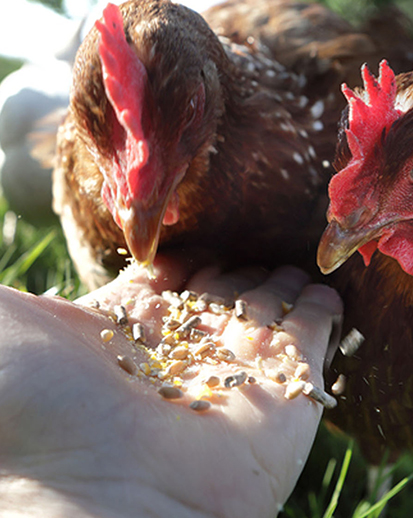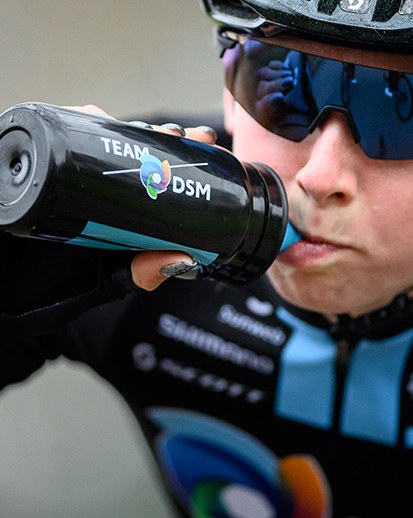Nature & Biodiversity
The complex web of life which makes up nature and biodiversity is vital for our Earth’s survival. Healthy ecosystems supply us with oxygen, food, clean air and water, and a host of other ecosystem services including mitigating the effects of climate change by absorbing carbon. Like every business in the world, we depend on nature and ecosystem services. We acknowledge our role to protect biodiversity, and fully support the ambitions of the UN Convention on Biological Diversity.
|
|
2020 |
|
2019 |
||||
|
|
|
|
|
||||
Protected Areas1 |
|
|
|
|
||||
Sites in or adjacent to protected areas |
|
27% |
|
25% |
||||
Sites in registered protected area |
|
3% |
|
3% |
||||
|
||||||||
Biodiversity loss is accelerating, and its key drivers are all connected with human activity. According to the Intergovernmental Science-Policy Platform on Biodiversity and Ecosystem Services (IPBES) Global Assessment, one million of the eight million animal and plant species are now threatened with extinction. We address our impacts on biodiversity and natural ecosystems through our Responsible Care Plan, especially with our GHG reduction, water stewardship and waste management programs.
Monitoring biodiversity across our value chain
To improve our operational footprint, we monitor areas of high biodiversity value around our sites. In 2020, 27% of all our production sites in scope were adjacent to protected areas and 3% contained portions of registered protected areas. As we are exposed to biodiversity risks in our supply chain, we strive to responsibly source high-risk raw materials through recognized certification schemes. These raw materials include palm oil derivatives, wood-based materials, fish oils and sugar. More information on how we work with the sourcing of these raw materials can be found in Suppliers and in our statement on the responsible management of forest resources on the company website. Moving forward, we will continually evaluate our impacts on biodiversity along our value chain, and have joined the Science-based Targets Network’s Corporate Engagement Program, to co-develop and pilot test their guidance for setting science-based targets in the future.
Supporting our customers on biodiversity
We enable our customers to develop more sustainable products through our Brighter Living Solutions. For example, just one ton of our Veramaris® natural algal oil saves 60 tons of wild fish from having to be caught to produce salmon feed, protecting marine biodiversity in our oceans.
Taking a position on biodiversity
Lastly, we advocate for biodiversity-promoting values worldwide. This year, we put our name behind Business for Nature’s ‘call to action’ for governments to set more ambitious policies to reverse nature loss in this decade. We are also a member of One Planet Business for Biodiversity (OP2B) which aims to scale up regenerative agriculture and restore ecosystems to prevent further biodiversity loss through collective member actions.
For more information, see our position paper on Biodiversity on the company website.
Brighter Living Solutions (BLS) is DSM’s program for the development of sustainable, innovative solutions with environmental and/or social benefits, creating shared value for our stakeholders. Brighter Living Solutions are products, services and technologies that, considered over their life cycle, offer a superior environmental impact (ECO+) and/or a superior social impact (People+) when compared to the mainstream alternative for the same application. The impact of Brighter Living Solutions can be realized at any stage of the product life cycle, from raw materials through the manufacturing process to potential re-use and end-of-life disposal.
Within the program, DSM conducts an annual ‘Product Category Sustainability Review’ for all product categories. This review identifies environmental and social impact differentiators and risks for each of our product categories and confirms the mainstream reference solution. To substantiate the identified differentiators DSM uses comparative Life Cycle Assessments (LCAs) and/or expert opinions to determine whether a product has a superior performance and can be identified as a Brighter Living Solution.







